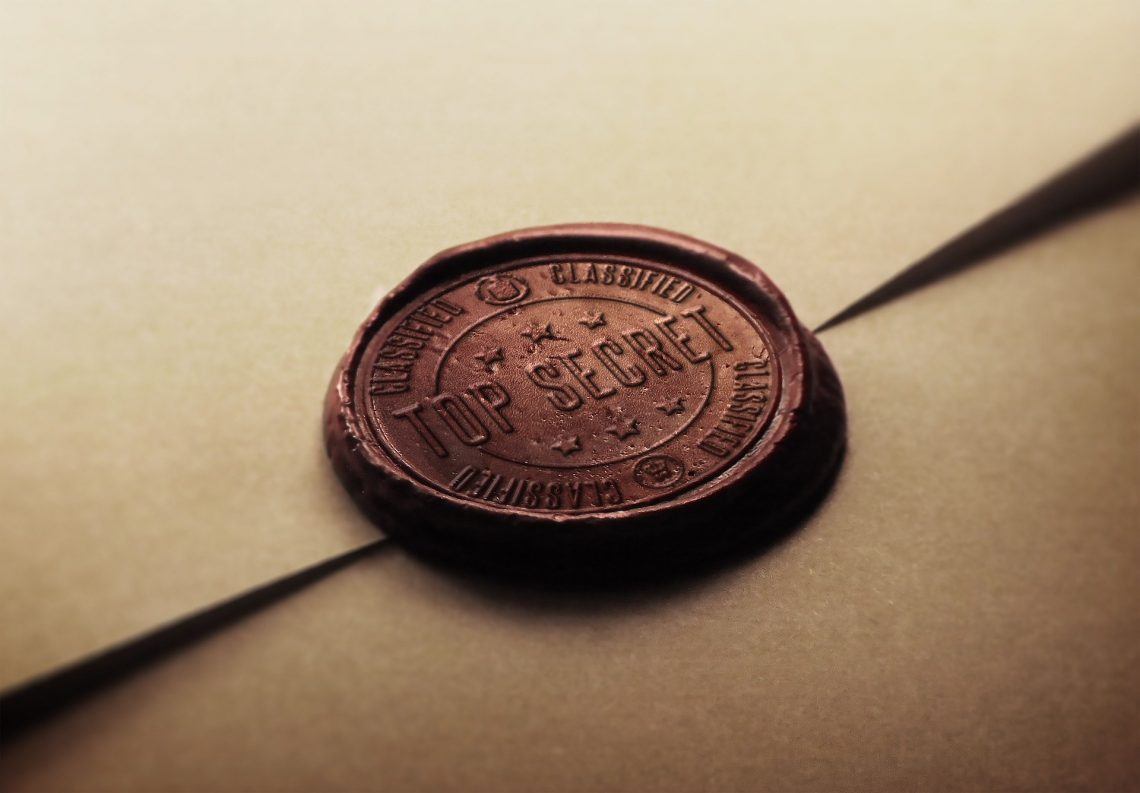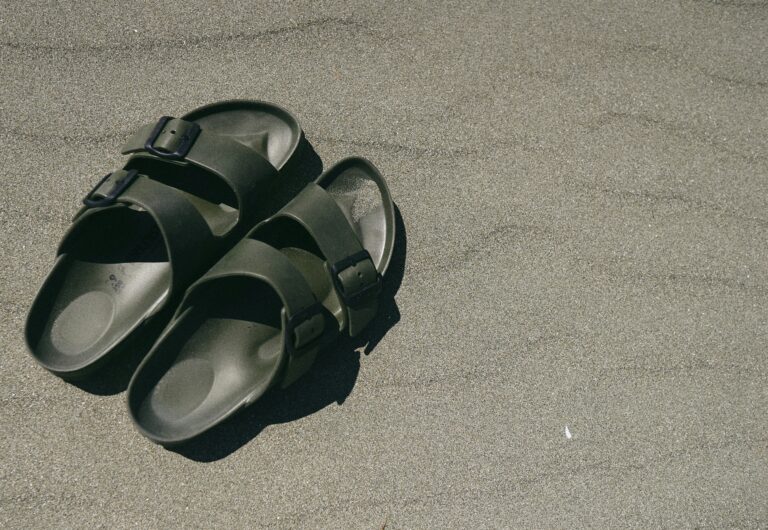The bailiff stands on the sidewalk with next to him a locksmith, IT expert and assistant prosecutor, or a whole team of bailiffs and IT experts. After a seizure of evidence, they walk out the door with a lot of information. Confidential data about your employees, finances, customers and business processes are also included by the bailiff. You do not want this information to end up with the bailiff and other third parties. In this blog I will discuss the possibilities to protect your confidential data when it has been seized.
Seizure of confidential data
Confidential data may be seized. Confidential data is regularly the subject of seizure of evidence. Think of competitively sensitive information such as contracts, orders and financial data or works protected by intellectual property rights. Privacy-sensitive information such as employee and customer data may also be seized.
Bailiff must ensure confidentiality
In the case of seizure of evidence, the bailiff must guarantee the confidentiality of the evidence to be seized. This is explicitly included in the leave of seizure. The bailiff must also have the IT expert sign a confidentiality agreement and check whether he has liability insurance. The bailiff and IT expert are not allowed to provide information about the items of evidence seized to third parties. If a bailiff does provide this information, he may be subject to criminal prosecution. In addition, he may be subject to civil and disciplinary liability.
Detention by an independent party
The petitioner does not immediately have the means of proof at his disposal. An independent third party first takes them into custody after the seizure. This may be the bailiff or a notary, for example, but in many cases the IT expert is also the custodian. The bailiff and IT expert must also maintain confidentiality during the custody period, at least until the petitioner or the judge has given permission for the petitioner to have access to and obtain copies of the seized evidence.
Until this moment, the evidence that has been seized, including the confidential information, is therefore protected in any case. The petitioner has not yet seen or obtained the documents. To do so, the petitioner requires permission from the garnishee or the judge.
Access to the attachments confidential means of evidence
The garnishee gives permission
If the garnishee gives permission to access and obtain the evidence, the parties can make arrangements with regard to the confidential data. The garnishee or an expert may anonymize, encrypt (X,Y,Z) or remove confidential data such as names of employees, customers and products. Another option is for the petitioner´s lawyers to first review the documents in order to assess to what extent the information is relevant and necessary to substantiate the petitioner’s claim. Another option is for an independent third party to inspect the documents and draw up a report on them. Furthermore, the parties may agree that only certain designated persons may inspect the confidential information, possibly after signing a non-disclosure agreement.
Confidentiality of data can therefore be guaranteed in various ways. The appropriate measures must be considered on a case-by-case basis.
Request for information to the court
If the garnishee does not give permission to have access to the evidence, the petitioner must request the court for access to the seized evidence.
The garnishee may defend that information is confidential and therefore does not need to be provided. This defence must be well-founded. If possible, it is advisable to make a proposal for a way in which access can be granted, but the confidentiality of data remains guaranteed. As a rule, judges weigh up the interest in keeping the data confidential against the interest of the party seizing the evidence. The judge may also attach conditions to the access. These conditions may be the same as the measures I mention above.
Confidants
Legal secretaries may refuse to provide confidential information. This follows from the right to refuse to disclose. Medics, lawyers and civil-law notaries, for example, may invoke this right to withhold information. It does mean, however, that they do not have to provide only the information entrusted to them in that capacity. If a third party has filed confidential documents with a secret agent, that third party cannot invoke the right to withhold information. Confidential information that has been seized is therefore not simply provided to the party seizing the evidence. There are various ways to protect confidential information that has been seized.




